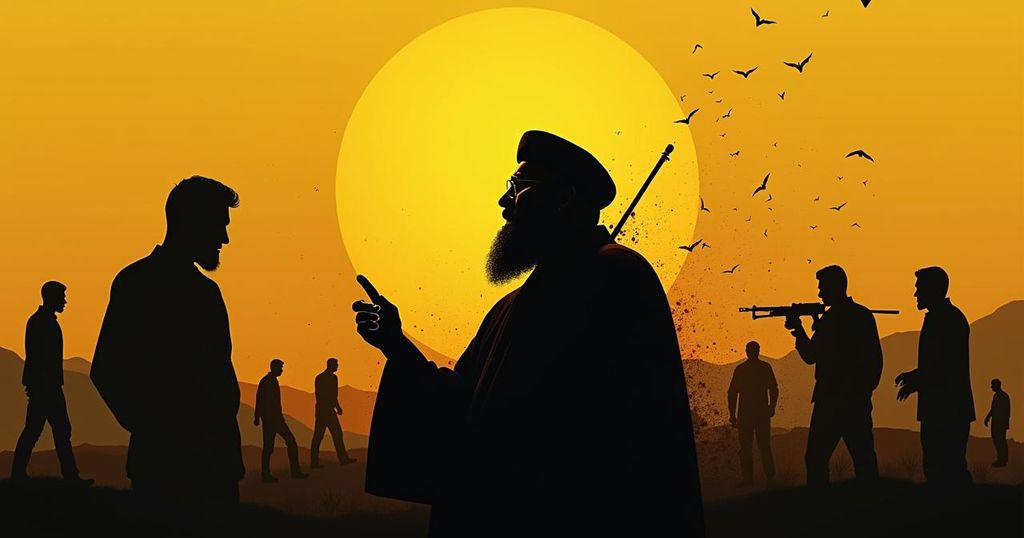Sayyed Hassan Nasrallah, the long-time leader of Hezbollah, has reportedly been killed in an Israeli airstrike, signaling potential changes for the group. Over his 32 years in leadership, Nasrallah transformed Hezbollah into a significant regional force, garnering both support and opposition from various factions across the Middle East. His legacy includes notable conflicts with Israel and involvement in regional issues, especially regarding U.S. influence and the Palestinian cause.
Lebanon’s Sayyed Hassan Nasrallah, identified by Israel as having been killed in an airstrike, has been a stalwart leader for the Hezbollah movement for over three decades. Under his guidance, the Iran-backed organization has evolved into a significant military force within the region while Nasrallah himself has emerged as a prominent figure in Arab politics, largely due to Iranian support. The Israeli military announced on Saturday that it successfully targeted Nasrallah during an assault on Hezbollah’s central headquarters in the southern suburbs of Beirut the day prior. Israeli military spokesman Avichay Adraee stated, “Israel eliminated… Hassan Nasrallah, leader of the Hezbollah terrorist organization.” If confirmed by Hezbollah, Nasrallah’s death would mark a notable shift in the organization’s dynamics and legacy. Those who support Nasrallah view him as a heroic figure for defiantly opposing Israel and the United States, whereas his adversaries regard him as the orchestrator of terrorism and an Iranian proxy.
Hassan Nasrallah catapulted into the forefront of Lebanese and regional politics as he became the secretary general of Hezbollah in 1992 at the young age of 35. Hezbollah was initially formed by Iran’s Revolutionary Guards in 1982 with the aim of resisting Israeli occupation. Over the years, Nasrallah’s leadership has been defined by significant conflicts with Israel, including the pivotal events of the 2006 Lebanon War, which he termed a “divine victory” despite its devastating impact on Lebanon. His stance on various conflicts, including the Syrian Civil War, has contributed to his polarizing reputation both at home and in the region. Following the recent escalation of violence linked to the Gaza conflict, Hezbollah’s participation has once again put Nasrallah in the international spotlight.
In summary, Hassan Nasrallah has played an instrumental role in shaping Hezbollah into a formidable military presence in the Middle East, while simultaneously gaining notoriety as a pivotal figure in Arab leadership against Western influences. His reported death, if verified, would not only shift the balance of power within the organization but also impact the broader geopolitical landscape as tensions in the region continue to mount.
Original Source: www.voanews.com






